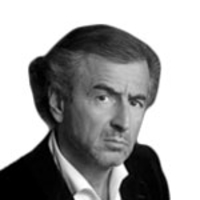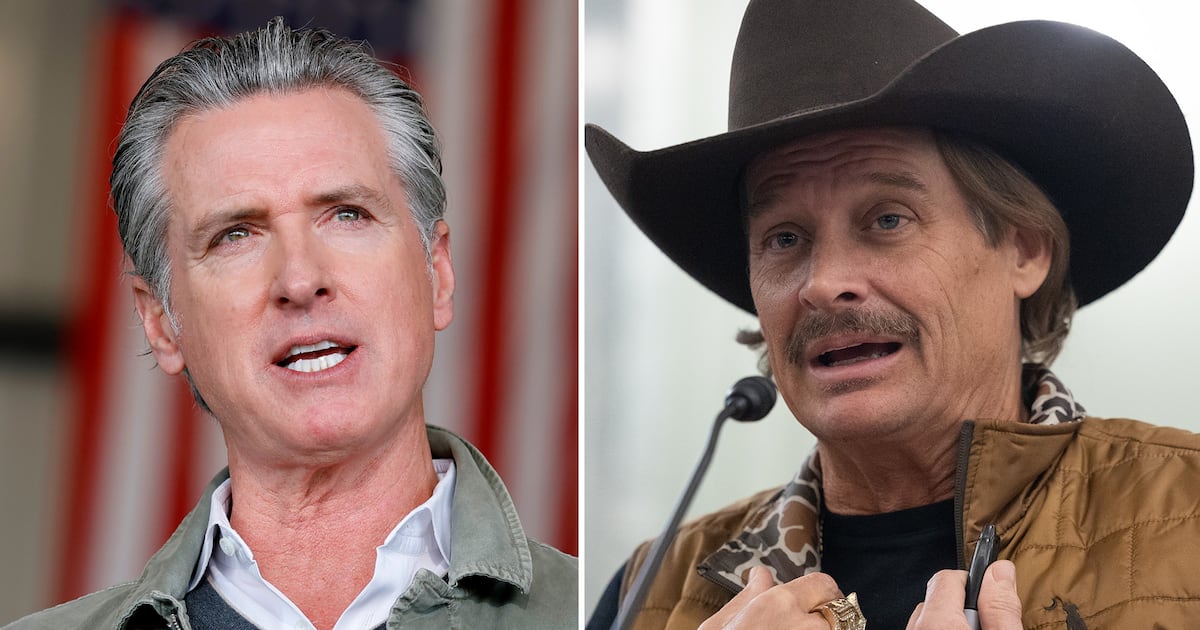I do not know Edouard Elias, the young French photojournalist who was kidnapped along with his compatriot Didier François near Aleppo a little more than a month ago.

I have seen his photographs, which are among the most gripping to have emerged from battered Syria. On the website of Le Monde I listened to an interview with him, taped before his departure, in which he evinced the blend of boldness and caution required of those of his métier. But I do not know him personally.
Didier François, now, is a friend.
He is 10 years my junior, but as far back as I can remember, I see his fine round head, his brawler’s profile, and the explosions of laughter that come on without warning and tumble out, inviting you to share his joy.
I met Didier in the course of my work with an organization called SOS-Racisme, of which he was one of the founders. Legend has it that he invented the group’s potent slogan, “Touche pas à mon pote!” (Hands off my pals!)
He then joined Libération as an investigative reporter and became one of the paper’s greatest names, writing in the tradition of the crusading reporters he so admired: Lucien Bodard, Jean Vincent, Ferdinando Petruccelli della Gattina, Joseph Kessel, Arturo Pérez-Reverte.
More recently, at the radio station Europe 1, where he traveled a little less often but still took the greatest care when preparing his missions into hell, his reports became models of concision, knowledge, information, and feeling—a form of “written radio.”
Didier and I do not agree on everything.
In particular, we do not share the same conception of journalism, which for him is a sacred calling, a strict school of objectivity and balance, one that requires of anyone who enters it to throw off his prior commitments, forget his own convictions, and forswear any law except that dictated by the facts.
But because this tireless adventurer had covered nearly every conflict on the planet and because the seamy side of contemporary history held no secrets for him, I would not leave for Bosnia, Algeria, or Pakistan—I did not throw myself, 13 years ago, into my chronicles of the world’s forgotten wars—without first seeking his counsel, without contacting the fixers that he recommended to me, without listening closely to everything he had to say.
For he is as fine a comrade and colleague as he is a journalist.
He is one of those who, under bombardment in a Sarajevo hotel, would come to the rescue of a colleague trapped in the flames rather than take cover himself.
He filed the most difficult reports of the era. He went—and I don’t care if, when he reads this, he protests and resents me for saying it—into the most dangerous places without ever losing the playful modesty that is the prerogative of the truly great.
He knows that journalists of his ilk are the eyes of the world, its living memory, the only means the world has of ensuring that those who are swallowed up and wiped out, those millions of dead without name and without number who have perished unburied and unrecorded in our modern wars leave behind at least a humble trace. Yet I have never known him to make a big deal out of the immense responsibility he shoulders—one might even term it a metaphysical responsibility—or even to make it a point of pride.
He knows better than anyone the law of carnage and its prodigious repetitions in our time. He has surveyed in every direction the backcountry of ruin and desolation left behind by History with a capital H (or, paraphrasing novelist Georges Perec, with a capital ache), but the truly wonderful thing is that this knowledge, this steeping in the tragic (which one never gets used to), does not seem to have interfered with his outrageous inclination for happiness.
He loves life—and puts his at risk.
He is courageous; that goes without saying. But not absurdly so—not like the fearless and foolhardy colonel of Céline’s Journey to the End of the Night, who lacked nothing but imagination. No. This son of an officer, nostalgic about military duty and glory, this seasoned reporter who, seriously wounded in Gaza, would not give himself time to mend before returning to the field and his job, has no equal in assessing situations, weighing danger, and anticipating the likelihood of disaster. (Was it not he, who, in 2005, was out trying to save former hostage Florence Aubenas, who today, in a moving reversal of roles, is now coordinating his support committee?) And it is only then, after thorough preparation, with a cool head and steady nerves that he ventures forth.
In short, he is a marvelous guy as well as a highly decorated journalist on whose behalf, at the initiative of Denis Olivennes, head of Europe 1 radio, every one of the top editors and directors of France’s print and broadcast media have mobilized their efforts.
May the people who kidnapped him take the measure of that.
May they retain enough sense to understand that—in addition to being yet another crime against the civilian population, and thus against humanity—their kidnapping of this journalist is also an act of surpassing stupidity because it removes from the conflict an observer who, from Baghdad to Grozny, from Gaza to Lebanon, has given ample evidence of his methodical impartiality.
At any rate they must know that Didier François is, like his comrade Elias, a free spirit; that he is too independent to cause the government of my country to make an exception to the rule it has set, rightly or wrongly, of never negotiating with hostage takers; but that he has a great many friends who feel a little less free now that he is captive and who will not stand down until he is free again.
Translated by Steven B. Kennedy






